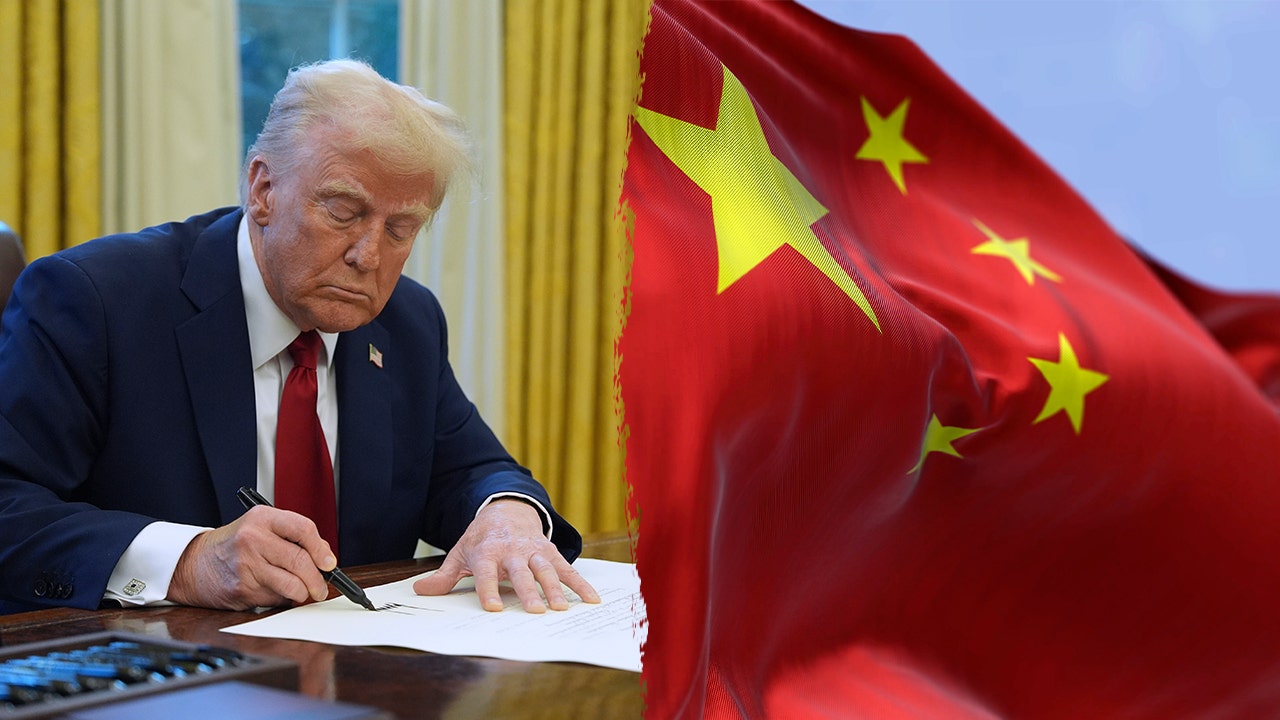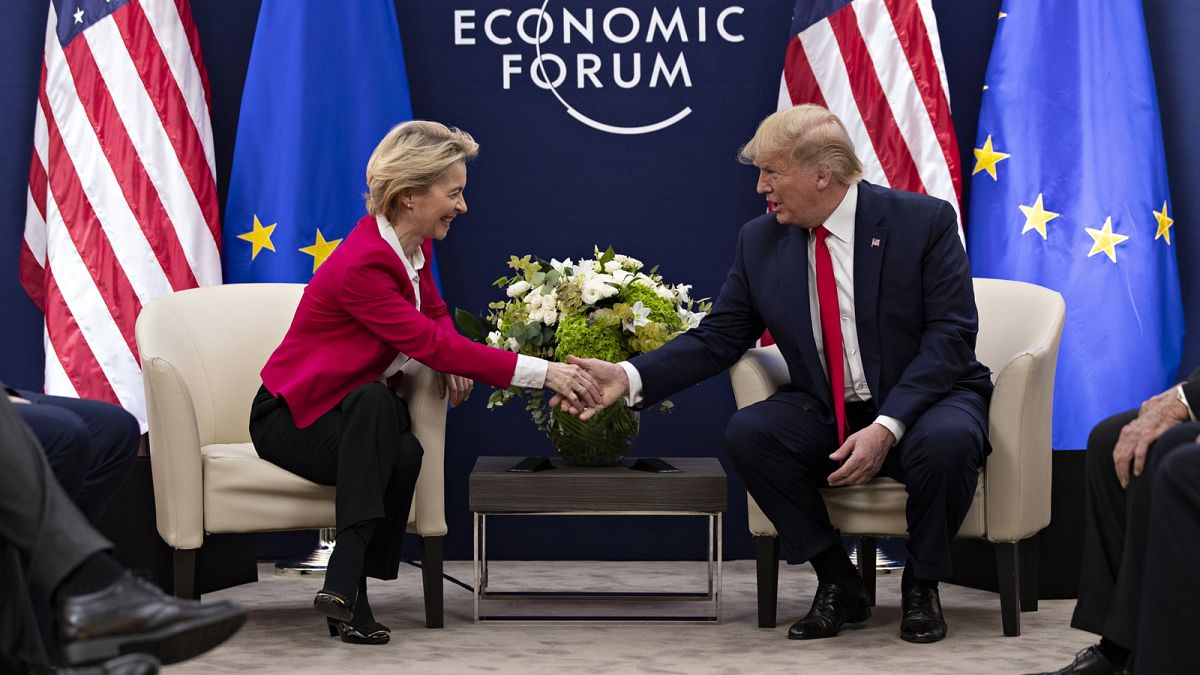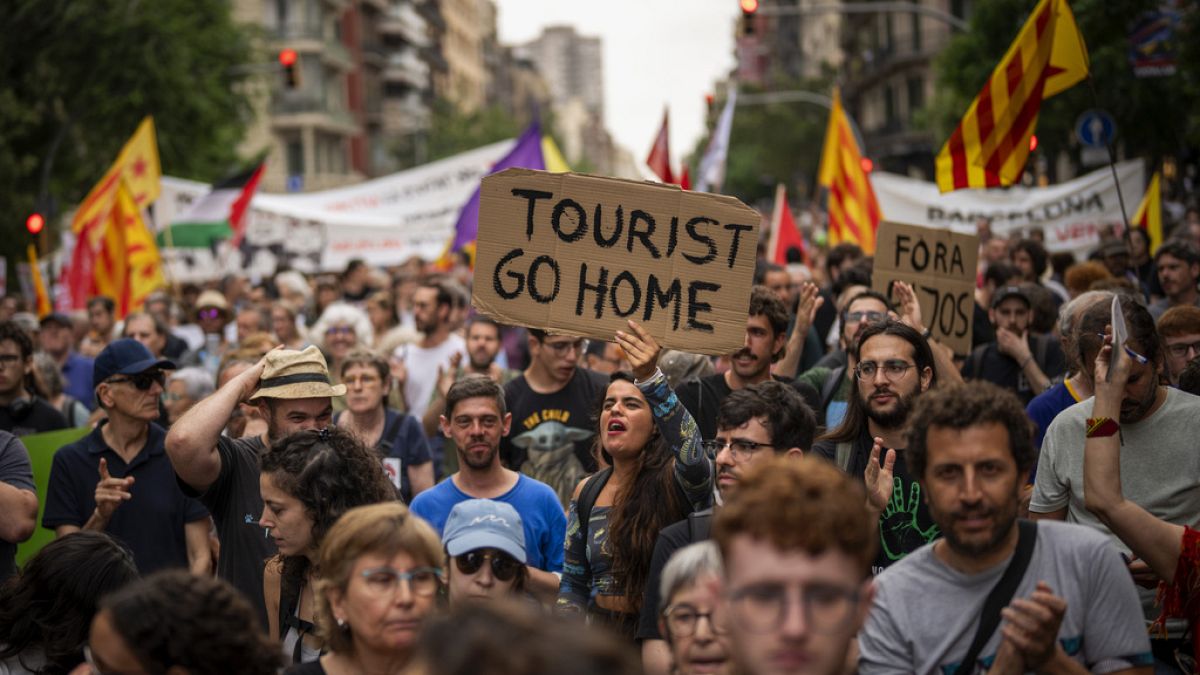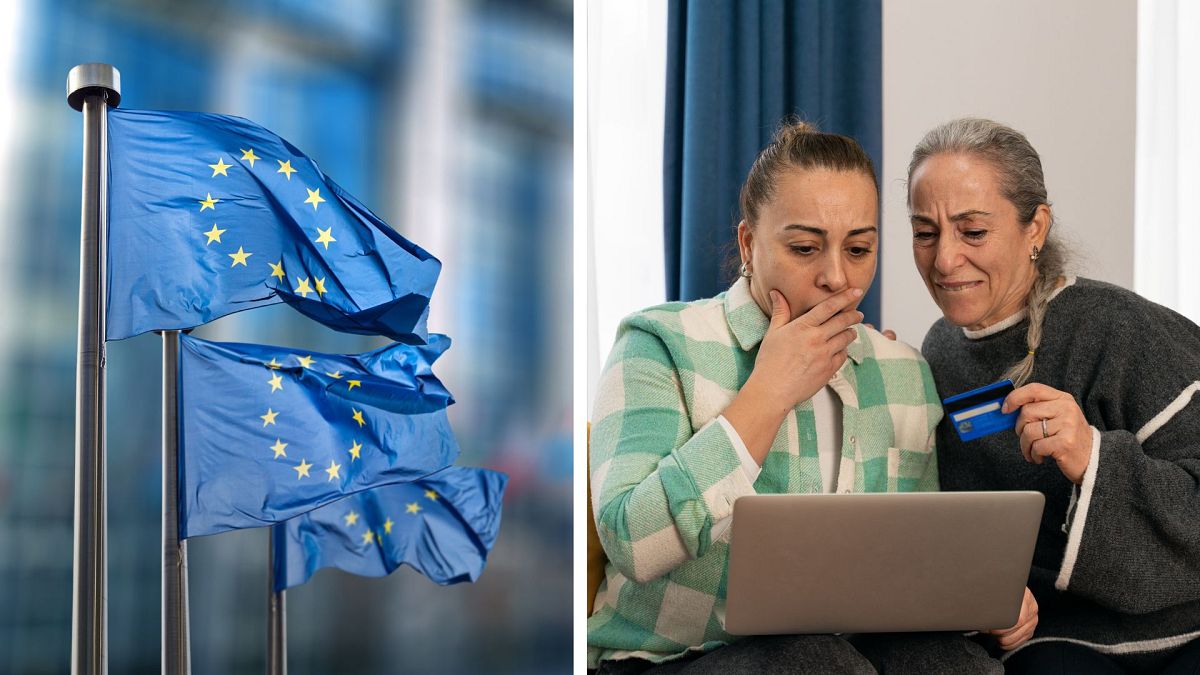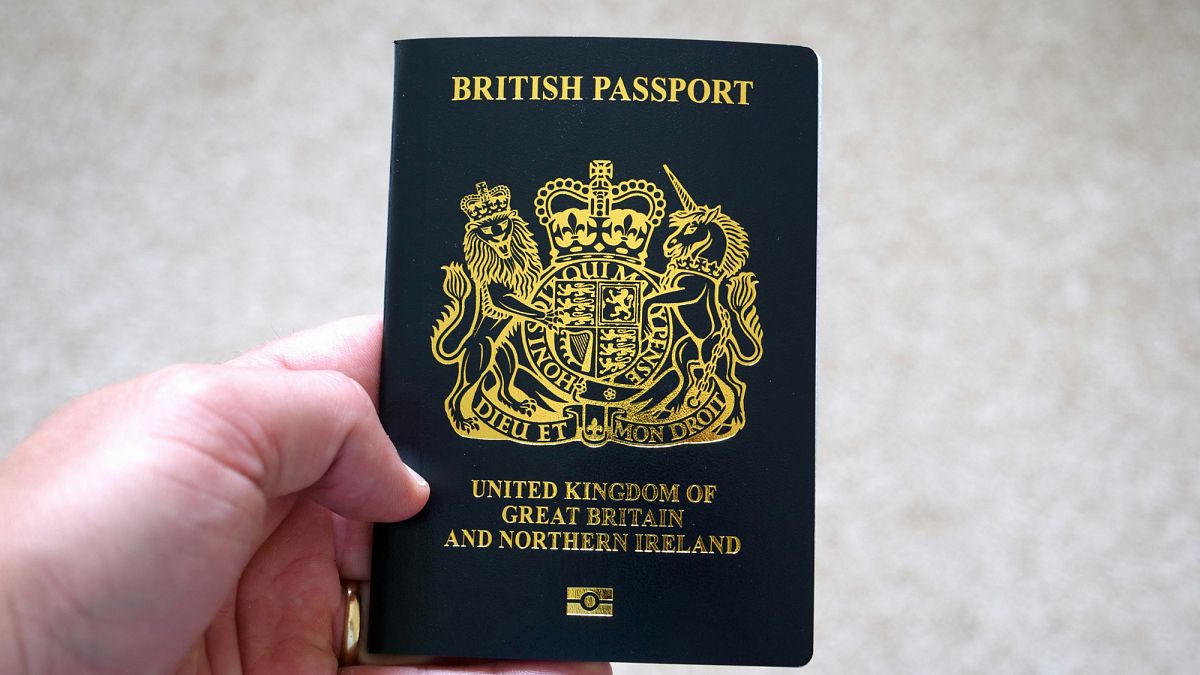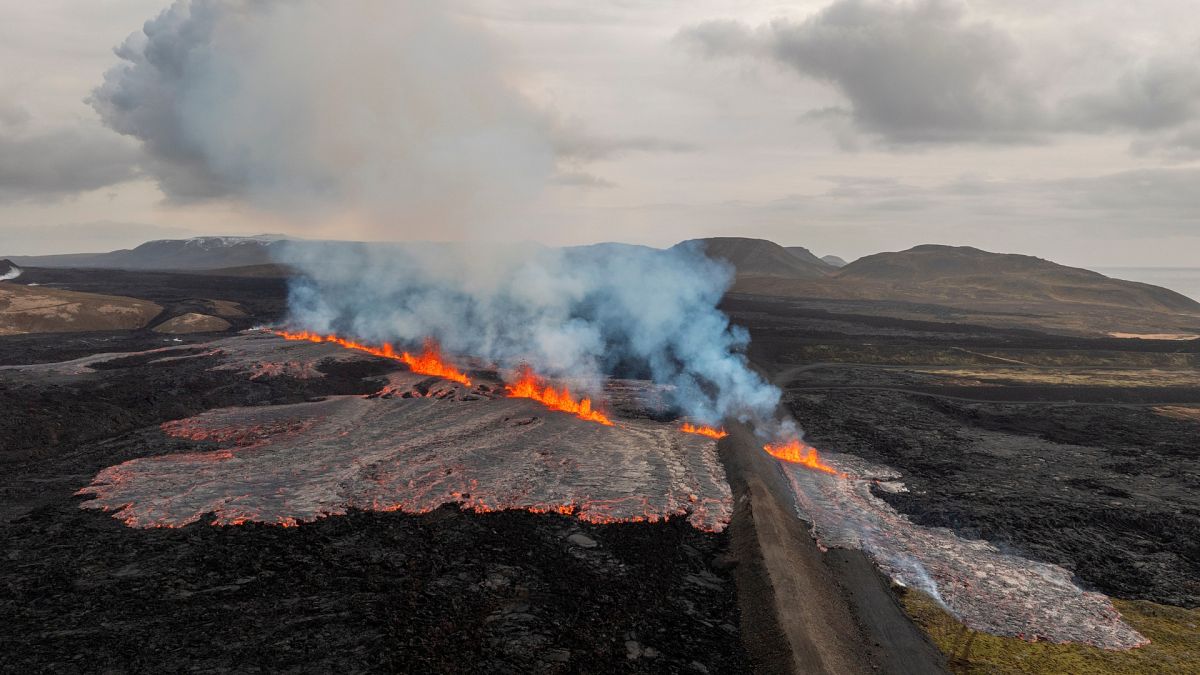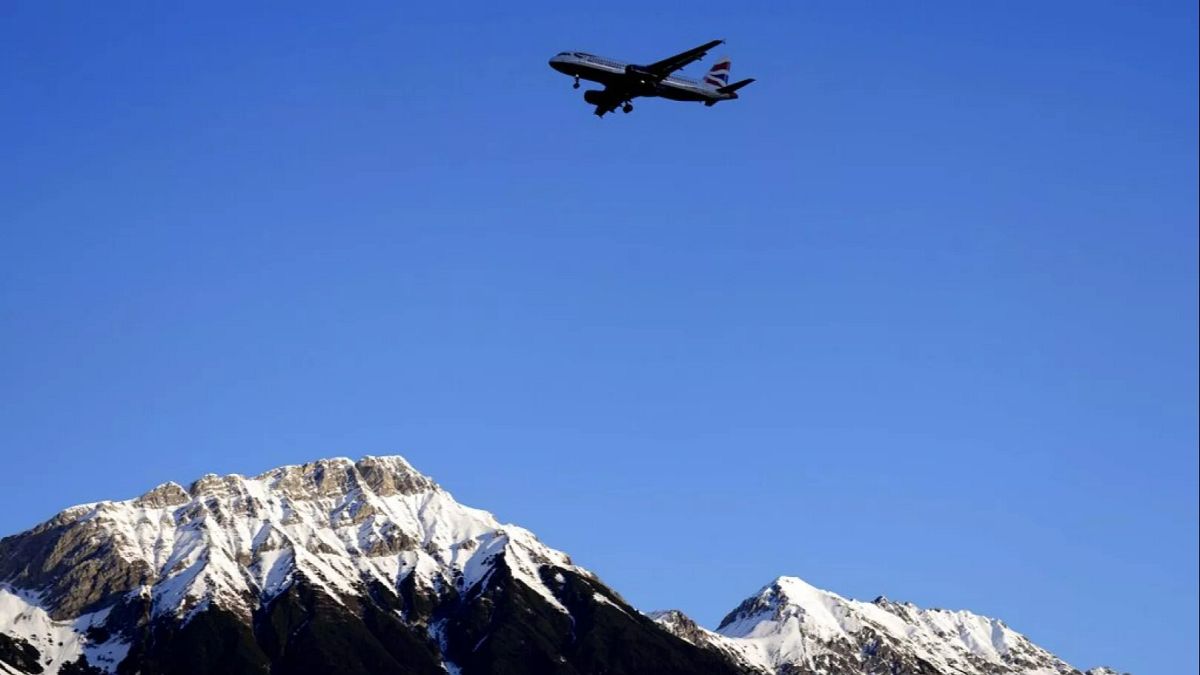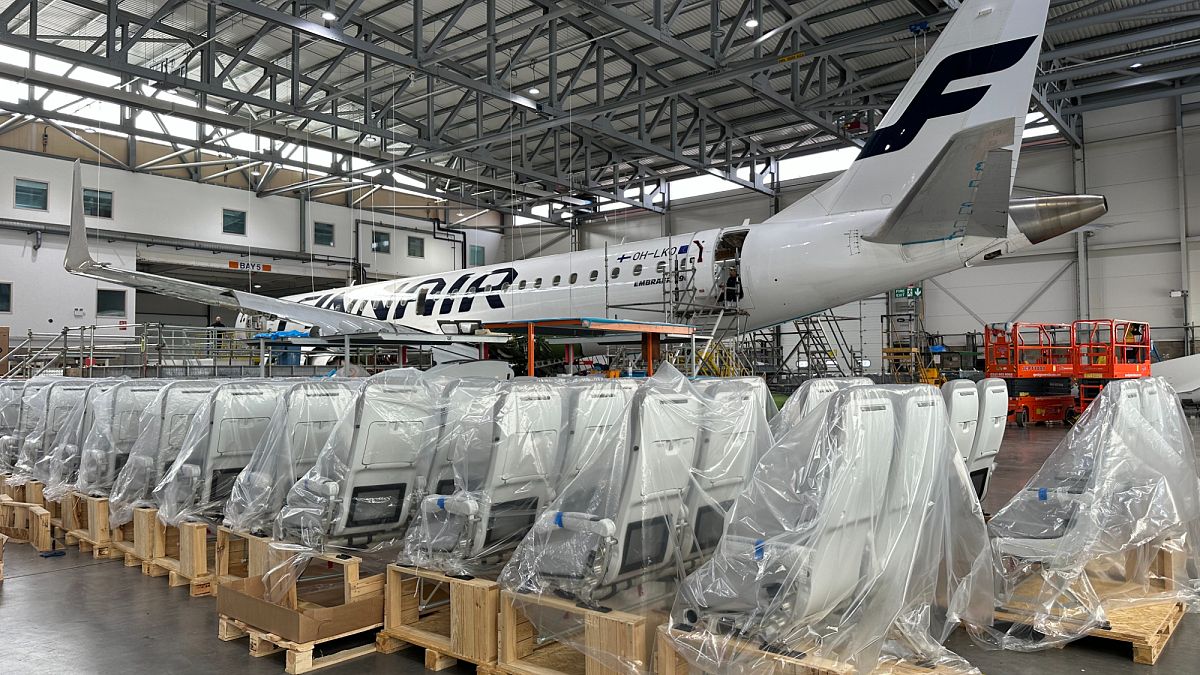There are “no plans” for Ursula von der Leyen to attend the inauguration of Donald Trump, the European Commission has confirmed.
Ursula von der Leyen has not received an invitation to attend the inauguration of Donald Trump as the 47th US president but she is seeking to establish “early contacts” with the new administration, the European Commission confirmed on Friday.
Von der Leyen, a staunch advocate of transatlantic relations, is currently recovering from severe pneumonia in Hanover, Germany. As a result, the Commission president has cancelled all her external engagements for the first half of January.
She is working from home and has not yet delegated any tasks.
“There are no plans to attend the inauguration,” Paula Pinho, the Commission’s chief spokesperson, said on Friday.
“We will be seeking early contacts with the upcoming administration. Whether that will be before the 20th of January or just after that, I cannot tell you for the moment.”
Pinho did not specify what form these “contacts” would take. Bloomberg previously reported about the Commission’s intention to set up a meeting with Trump in Florida.
Von der Leyen has not spoken with Trump since they talked on the phone in early November, a few days after the US presidential election, the spokesperson noted.
The conversation, which von der Leyen had described as “excellent,” touched upon defence policy, Russia’s war on Ukraine, trade and energy.
The Commission chief later revealed she had broached the possibility of increasing EU imports of American LNG, which was seen as an offer to avoid the across-the-board tariffs that Trump has threatened to slap on foreign goods.
Von der Leyen’s comments made headlines and reflected the bloc’s willingness to appease the Republican’s demands to develop a functional relationship.
These hopes took a tumble this week after Trump refused to rule out using military force to seize Greenland, the vast island that belongs to the Kingdon of Denmark. “I don’t know if Denmark has any legal right to it, but if they do, they should give it up because we need it for national security,” he said in an hour-long press conference.
His words were rebuked by Greenland’s and Denmark’s prime ministers, as well as by the French government. German Chancellor Olaf Scholz spoke of “uneasiness” and stressed that “borders must not be moved by force.”
By contrast, the Commission reacted with extreme caution and refused to explicitly condemn Trump’s military threats against the territorial integrity of a member state.
Greenland, unlike Denmark, is not a part of the 27-country bloc but enjoys a special status as an overseas territory which includes access to EU funds and freedom of movement for Greenlanders, who are considered EU citizens.
It took two days for von der Leyen to publish a statement in response to Trump’s remarks, done in coordination with European Council President António Costa.
“The EU will always protect our citizens and the integrity of our democracies and freedoms,” she said on social media.
“We look forward to a positive engagement with the incoming US Administration, based on our common values and shared interests. In a rough world, Europe and the US are stronger together.”
Trump’s return comes with enormous stakes for Brussels and the entire bloc, particularly when it comes to military and financial support for Ukraine, which the billionaire has threatened to cut down. Trump’s much-repeated pledge to find a speedy resolution to the war has stoked fears Ukraine would be forced into painful territorial concessions and leave Europe more vulnerable to future Russian aggression.
Additionally, the president-elect has ramped up pressure on NATO allies to drastically boost their defence spending from 2% of GDP to 5%, which not even the US meets.
The prospect of tariffs has also spooked EU capitals as it could aggravate the bloc’s economic woes.
Read the full article here


